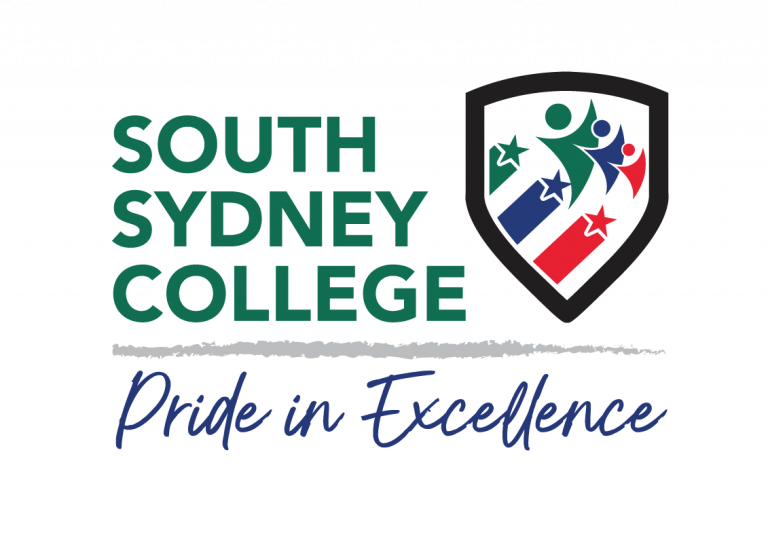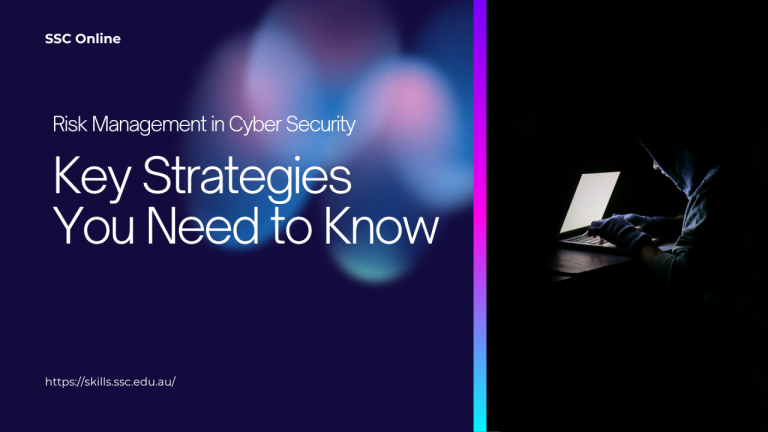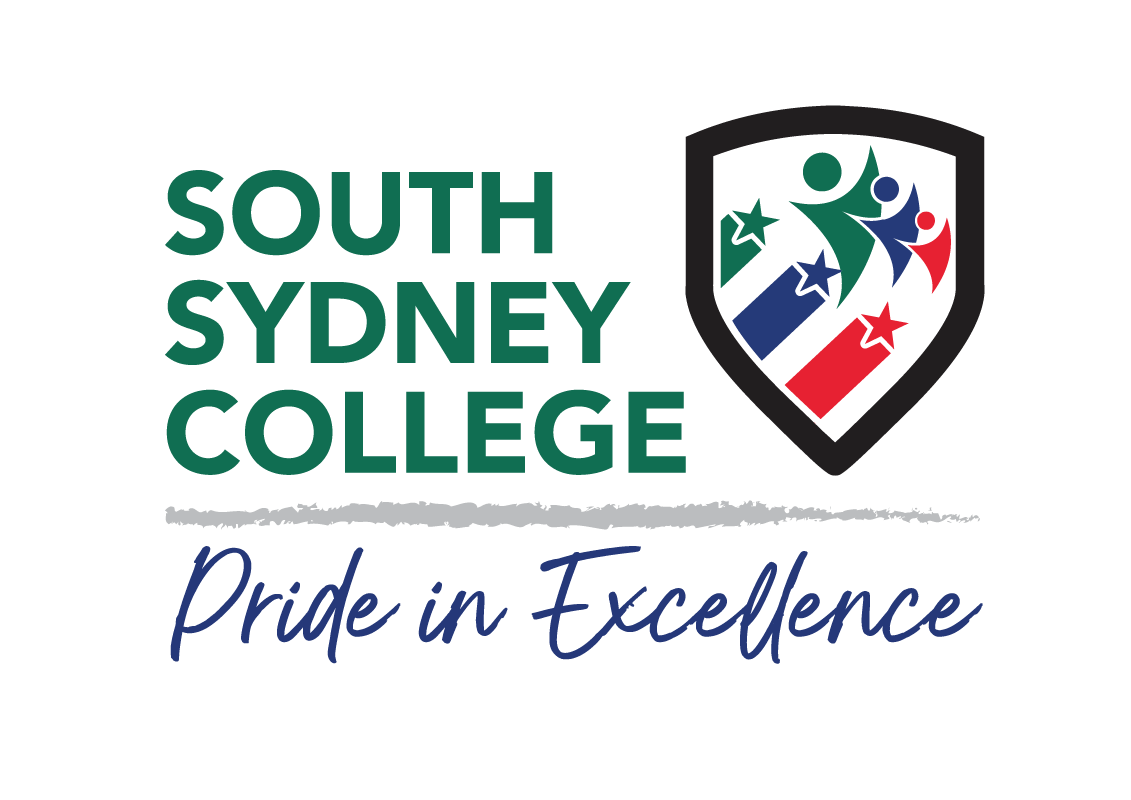In the fast-paced world of academia and personal development, the term “work smarter, not harder” holds more truth than ever. Long gone are the days when hours upon hours of cramming and rote memorization were considered the gold standard for effective learning. Instead of relying solely on sheer hours of effort, this approach emphasizes the importance of strategic and efficient studying.
It encourages learners to focus on techniques such as active engagement with the material, spaced repetition, and targeted practice. By working smarter, students can achieve better results in less time, reduce stress, and retain knowledge for the long term. It’s about quality over quantity, leveraging the brain’s natural abilities to absorb and retain information effectively, ultimately leading to more successful and fulfilling learning experiences.
Today, we have a deeper understanding of how the brain functions and what strategies can maximize our learning potential. So let’s explore a range of techniques and habits that will help you study smarter, not longer, to achieve better results.
Understanding the Brain’s Role in Learning
Before making some specific strategies, it’s essential to grasp how the brain learns. The brain is not a sponge; it’s a complex organ with intricate processes for acquiring, storing, and recalling information. Two fundamental concepts underlie effective learning:
- This refers to the brain’s ability to reorganize itself by forming new neural connections throughout life. In other words, the brain can change and adapt. To harness this power, you must stimulate your brain in the right way.
- Studies have shown that information is better retained when it’s reviewed at increasing intervals over time. This is in contrast to cramming, which leads to quick but short-lived retention.
Now that we understand the brain’s role in learning, let’s explore strategies that align with these principles.

1. Active Learning
Active learning is a transformative approach to education that places students at the centre of their learning journey. Unlike traditional passive learning, where students are passive recipients of information, active learning encourages engagement, participation, and critical thinking. In active learning classrooms, students are actively involved in discussions, problem-solving, group activities, and hands-on experiences. This method not only enhances comprehension and retention but also fosters a deeper understanding of the subject matter.
By actively grappling with concepts and applying them in real-world contexts, learners develop essential skills like communication, teamwork, and problem-solving, preparing them to excel in the dynamic challenges of the modern world. Active learning isn’t just a teaching strategy; it’s a catalyst for empowering individuals to become lifelong, self-directed learners. Passive reading and highlighting may feel productive, but they’re not the most effective ways to learn. Engage with the material actively:
- Summarize what you’ve read in your own words.
- Teach the content to someone else.
- Solve problems related to the material.
- Ask questions and seek answers.
2. Break It Down
Divide your study sessions into shorter, focused segments rather than marathon cramming sessions. The Pomodoro Technique, for example, recommends 25 minutes of intense focus followed by a 5-minute break. This approach helps maintain concentration and retention.
3. Prioritize Sleep
Your brain consolidates and organizes information during sleep. Aim for 7-9 hours of quality sleep to support effective learning. Review material just before bedtime to enhance memory recall.
4. Use Technology Wisely
Leverage technology to your advantage:
- Online resources: There are countless online courses, tutorials, and educational platforms available.
- Apps: There are apps designed to aid in memory retention and effective learning.
- Note-taking tools: Digital note-taking can be more efficient than traditional methods.
5. Practice Retrieval
Instead of merely rereading your notes or textbooks, actively test your knowledge. Create flashcards, take practice quizzes, or write down what you remember about a particular topic. This active recall strengthens memory.
6. Visual Aids
Visual learners can benefit from diagrams, mind maps, and flowcharts. These tools can help you better understand complex concepts and relationships between ideas.
7. Utilize the Feynman Technique
Named after physicist Richard Feynman, this technique involves teaching a concept to someone as if they were a child. This forces you to simplify complex topics and identify gaps in your understanding.
8. Stay Organized
A cluttered study space can lead to a cluttered mind. Keep your study area tidy and organized to minimize distractions and enhance focus.
9. Practice Self-Testing
Regularly quiz yourself on the material you’re studying. This helps identify weak areas that need more attention and strengthens memory.
10. Stay Healthy
Physical well-being is closely linked to cognitive function. Maintain a balanced diet, exercise regularly, and stay hydrated to ensure your brain operates at its best.
11. Mindfulness and Meditation
Practising mindfulness and meditation can improve focus, reduce stress, and enhance cognitive function, all of which contribute to more effective learning.
12. Seek Help When Needed
Don’t hesitate to seek help if you’re struggling with a particular subject. Whether it’s from a teacher, tutor, or online community, getting assistance can make a significant difference.
13. Set Clear Goals
Define specific, achievable learning goals for each study session. This gives your study sessions purpose and direction, making them more effective.
14. Vary Your Study Locations
Changing your study environment occasionally can help prevent boredom and improve information retention.
15. Practice Deliberate Practice
Deliberate practice involves identifying your weaknesses and deliberately working on improving them. It’s a strategic approach to learning that can lead to significant skill development.
In the quest for effective learning, it’s crucial to remember that more time spent studying doesn’t always equate to better results. Instead, it’s about adopting smart strategies that align with the brain’s natural processes. By understanding neuroplasticity, spaced repetition, and implementing the strategies discussed in this blog, you can make the most of your study time, achieve better retention, and ultimately, excel in your learning journey. So, study smarter, not longer, and unlock your full potential.
More Educational Blogs
Life Balance Tips For The Modern Working Student
How Networking Can Help You Land Your Dream Job
10 Tips For Success In College: A Guide For Students All Over The World




